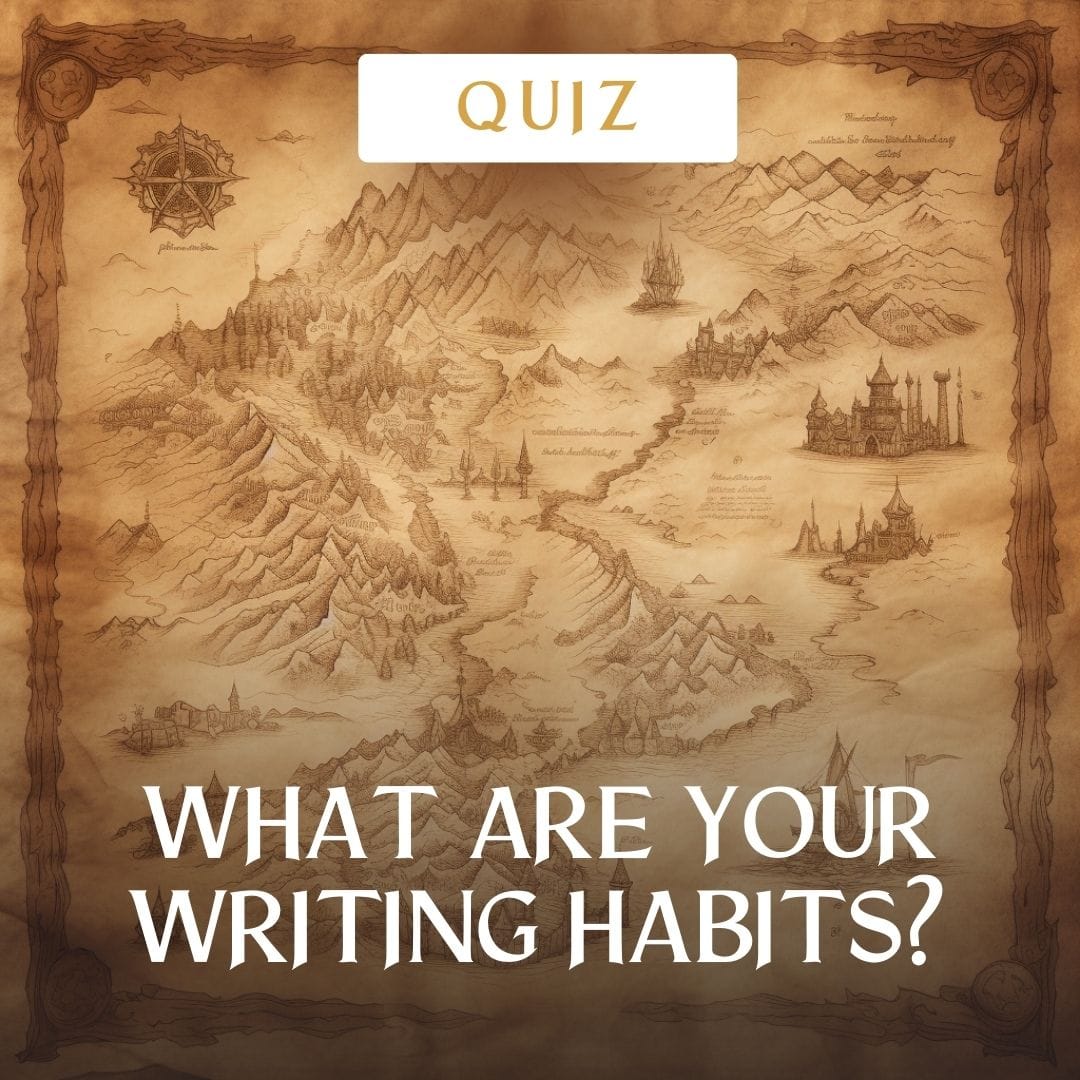My job as a literature teacher is to help people not only LEARN from great books but also ENJOY the advneture. As writers, it can be incredibly helpful to tap into the vast wealth of great books we have. On a purely human level, you have the right to enter into the dialogue about our human condiditon that has been happening for years. And it’s best when we have fun with jumping into that dialogue.
Classics: well-written books that have withstood the test of time and capture something IMPORTANT about the human condition.
Let’s be real – it’s not always easy jumping into a book that is over a hundred years old but it CAN be fun ,so let’s look at 5 ways to make it more enjoyable.
ONE: Pick a fun story.
For some reason, people treat classics like vegetables and choke them down becuase they are “healthy.” There is a whole variety of classics so the good news is, we don’t have to read the first thing we see just because “it’s a classic,” but we can look for something that fits our vibe. If you want someting a bit spookie, I would recommend Dracula. If you are looking for something brimming with sweet rommance and lots of sass, try Pride and Prejudice. If you are looking for as MANY EPIC MOMENTS AS POSSIBLE, I definitely recommend The Iliad. If you start with something that has a storyline that catches your attention, you will be off to the right start. Is there a classic that you have loved? Definitely drop a title(s) in the comments!
TWO: Be patient.
In a world filled with pinging notifications, loud commercials and adrenaline-packed stories, classics can feel slow. When I start reading classics after a break, I am often a bit appalled at my lack of attention and sometimes even at how monotonously the book itself is. Why read a book that feels a little tedious at first? I’ll give you two reasons.
- Because these stories have an incredible payoff and are often more life-changing due to the richness of the story. It’s not just the good lesson, though.
- I have found the very act of sitting patiently with a story as it unfolds instead of being lead through the whole way with page-turning adrenaline bring more space for calm in my life. 10/10 recommend.
THREE: Appreciate the journey.
Speaking of space for calm, enjoy getting to know a world, time, and place. Have fun exploring the similaries and differences between your world and the storyworld. Enjoy getting to know the characters and don’t put pressure on yourself to know them all. Reading is never a race to the end (although sometimes it definitely feels like that); it’s more about a trip that you take with people. Embrace the ride. Don’t just turn the pages hoping for the next plot point, but also remember to savor the words the author uses, underline quotes that catch your attention, and maybe write things down if you think it would be fun to use similar tecniques in your own story.
FOUR: Ask Questions.
Classics are great for asking questions because there is a lot to dig out of them. You can learn about universal themes that all humanity deal with – like love, forgiveness, and courage, and you get an incredible perspective because they are from all kinds of points in history. Take full advantage of the richness of a story and ask questions of your own. Here are some ideas:
- What do you like?
- What do you dislike?
- What drives the characters?
- What do they want?
- What does this book claim about humanity?
- What implicit claim does this book make about what it means to live a good life?
- Do you agree with the book’s claims? Why or why not?
These questions can not only make us better writers but better people. Win win. Exploring the human condition is what we do as writers. We dig deep into our own hearts and reading classics are a really great tool which can help us do that in new ways.
FIVE: Make it a dialogue.
The act of picking up a pen changes a book from a lecture into a dialogue, and dialouge is exactly what we writers want. I don’t want Homer just telling me things; I want to jump into the conversation about rage and courage and share my own heart with the word, too. It’s what we do as writers. Maybe write a journal entry or blog post about it. Talk to someone else who has read the book (dm me @JacquelineRoseGold.) Please DON’T “leave it ot the experts.” We are talking about what it means to be human! We are all the experts. If you are a a human being, you have a place in this conversation and your voice and opinion matters!
https://www.podbean.com/ew/pb-ukkw7-141a3cd
That’s what the latest episode of Magic in the Ordinary is all about. It’s about how we have a place in this conversation and that’s wonderful!
Sometimes people treat classics like an advanced level of sorcery, as if you need a degree or historical background to learn how to get all the good lessons out of the story and enjoy the same words that people have been enjoying for centuries. Nope. All you need is a little bit of patience and a bit of humanity in order to unlock the adventure.
Happy Reading, Friends!



0 Comments